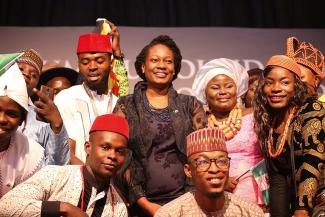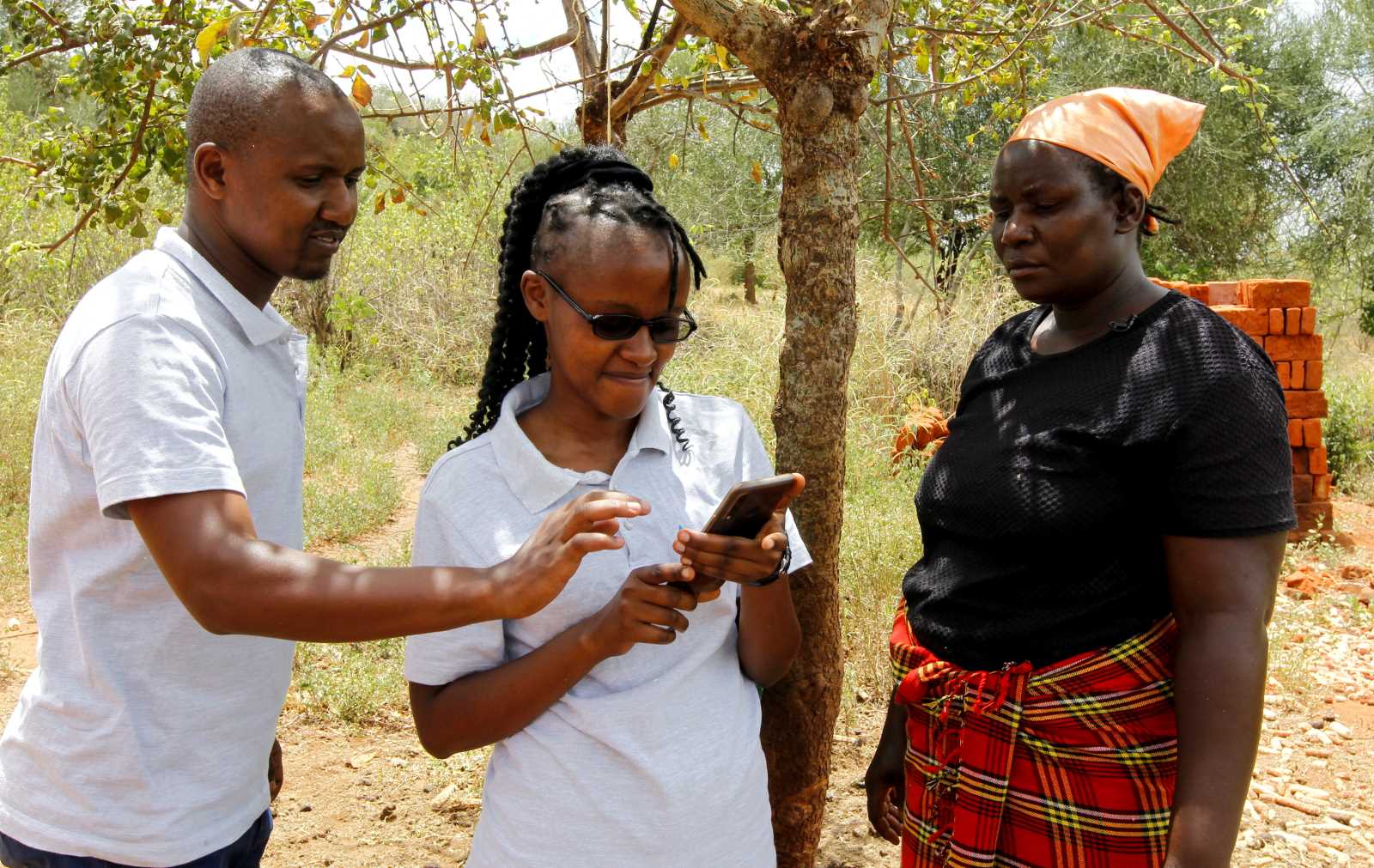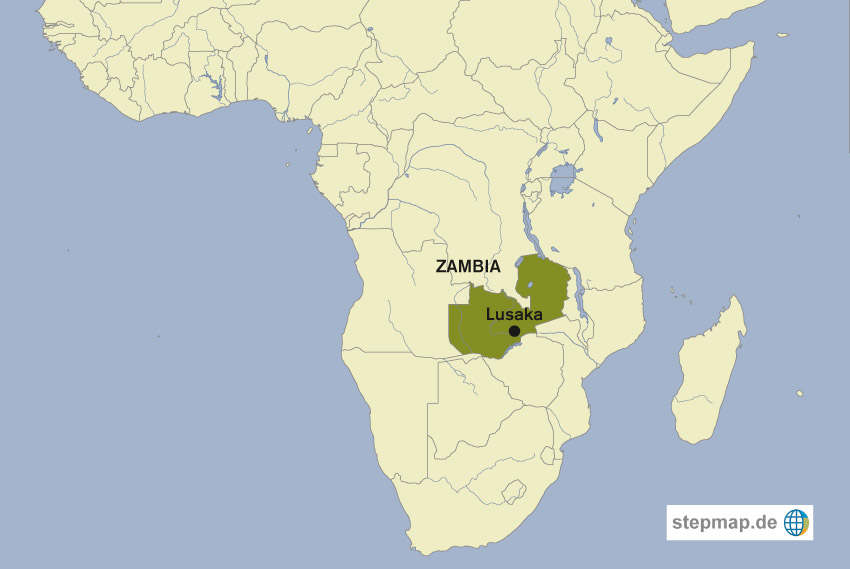Entrepreneurship
Safeguarding long term viability

The concept of sustainable enterprises is getting increasing attention. Both academic research and the financial industry are interested in this topic. One reason is public discourse. Many voices, especially in prosperous nations, have been promoting causes such as corporate social responsibility (CSR) and corporate citizenship. The first term stands for business leaders committing to social and environmental goals beyond maximising profits. The second term stands for a private-sector company being a worthy member of society.
A core tenet of this discourse is that a company’s true success cannot be measured only in financial terms. The reason is that business practices may have negative impacts on people and the natural environment, and such impacts may even be felt in faraway places. Those who run the company must not ignore such “side effects”. If they do, they may eventually have to pay a high price. Indeed, they are putting the very survival of their company at stake. That will be the case if:
- customers begin to shy away from their products and services,
- they get entangled in costly legal disputes, with judges eventually forcing them to pay compensations, or
- regulators suddenly forbid harmful business practices.
Of course, various repercussions of this kind may be felt at the same time, and there are other ways that a company may be forced to reckon with harm and suffering it causes.
At the same time, every private-sector company’s survival depends on its financial performance. This is as true as it ever was in today’s fiercely competitive global markets.
The Tony Elumelu Foundation, of which I am the chief executive officer, aims to support African entrepreneurship. Among other things, we provide funding, mentoring and training. We promote innovative start-ups and help them to become competitive, if possible, at the global level. In this context, we believe that their business activities should be geared to contributing to the achievement of one or more of the UN Sustainable Development Goals (SDGs). This is in line with our primary philosophy that companies can and should do good while doing well.
Of course, financial sustainability deserves attention too. This term means that an organisation has the revenue streams and the access to financial services that it needs to stay afloat. Every organisation must have a plan for financial sustainability, irrespective of whether it is for-profit, not-for-profit or charitable. Only entities with sustainable financial models will survive. Important components of such a model include:
- maintaining strong and mutually beneficial relationships with stakeholders,
- relying on a diversified mix of funding,
- building financial reserves and
- continuously assessing risks and operating costs in order to manage them well.
In the past, some not-for-profit and social enterprises have been relying on aid to a large extent. The era of aid, however, is reaching its peak, so the outfits concerned will have to cope with less and perhaps even no aid. We urgently need more research into this matter, and hopefully results will contribute to designing viable new business models. As the scholars Dean Shepherd and Holger Patzelt (2011) have written, it is imperative “to explore the role of entrepreneurial action as a mechanism for sustaining nature and ecosystems while providing economic and non-economic gains for investors, entrepreneurs and societies”.
On the upside, it is encouraging that innovative approaches are creating new opportunities. Crowdfunding is an exciting example. It means that start-ups can take off thanks to masses of small contributions from many different individuals. Typically, the start-ups concerned reach out to those small-scale investors using the internet. We can expect artificial intelligence and machine learning to also help to make access to finance easier and more sustainable.
Digital connectivity is a blessing, and entrepreneurs should take advantage. Those who are digitally visible and adept will benefit, not least in terms of access to finance. The bad news is that many will fall through the cracks, especially in places with no or only limited internet access. Unfortunately, there still are many under-served areas in Africa and other developing world regions.
Where hard and soft infrastructures are weak, formal private-sector companies cannot succeed. Modern businesses do not only need internet connectivity. They also need reliable water and power supply and access to transport. Moreover, they depend on access to financial services, a minimum level of rule of law, and they will only find sufficiently skilled workers where public education is basically functioning. Social infrastructures matter too. Where health care is inadequate, for example, accidents and illnesses can become serious problems for business leaders.
Poor infrastructure does not only result from poverty. It perpetuates poverty. Economies that are dominated by informal sectors – as is typically the case in Africa – cannot prosper. The informal sector is a trap that keeps people stuck in poverty (see interview with Christiane Laibach in D+C/E+Z e-Paper 2020/02, Monitor section).
In countries around the world, the Covid-19 pandemic has shown once more how unequal societies are. Poor and vulnerable communities are hit hardest. We must not accept inequality. Opportunities of any kind must be made more equal. This demand is an important part of the SDG agenda. Financial investors are wrong if they merely consider monetary returns, including from derivatives and futures markets. The real economy must be geared to solving problems – and the focus must be on people’s productivity, capacities and skills as well as environmental health. No one must be left behind. Remembering our humanness is our greatest hope for achieving sustainability, including the financial variety.
The Tony Elumelu Foundation will continue to provide sustainable financing for start-up businesses in Africa’s disadvantaged areas. That is where funds are needed most. We provide seed capital to promising entrepreneurs. Africa must create innovative products and services, deliver them to customers, including around the world, and become integrated in global supply chains. Many of the enterprises that we have supported have proven their ability to contribute to SDG achievement. At the same time, their financial returns are good.
Reference
Shepherd, D. and Patzelt, H., 2011: The new field of sustainable entrepreneurship: Studying entrepreneurial action linking “What is to be sustained” with “What is to be developed”. In: Entrepreneurship: Theory and Practice, Vol. 35, p. 137-163.
Ifeyinwa Ugochukwu is the chief executive of the Tony Elumelu Foundation. This philanthropic institution is based in Lagos, Nigeria.
ebube.emodi@tonyelumelufoundation.org
https://www.tonyelumelufoundation.org/











